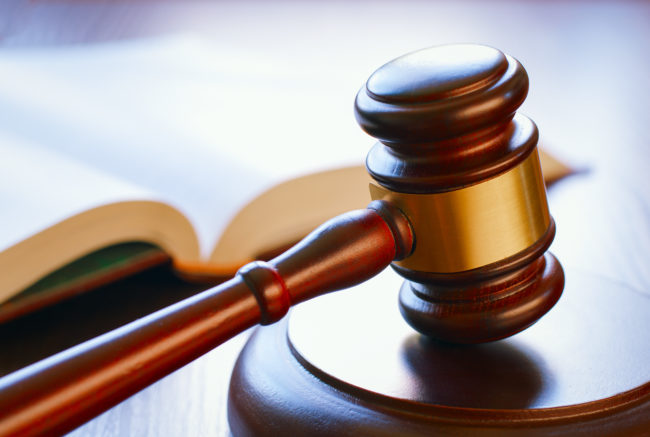On March 28, 2018, U.S. District Judge Claudia Wilken ruled the 2015 O’Bannon decision did not bar the recent NCAA antitrust lawsuit. As previously covered, a class of college athletes are attempting to obtain a judgement that would lift the cap on college athlete’s compensation. In their lawsuit, the college athletes argued that the NCAA violated federal antitrust law by conspiring to impose an artificial ceiling on the scholarships and benefits that college athletes may receive as payment for their athletic services, which arguably have anti-competitive effects. According to Judge Wilken, the O’Bannon decision does not bar the current lawsuit because in only “certain limited circumstances, a nonparty may be bound by a [previous] judgment because she was adequately represented by someone with the same interests who was a party to the suit.” According to Judge Wilken, the current plaintiffs were not adequately represented in the O’Bannon decision, even though some plaintiffs in the current lawsuit were also plaintiffs in the O’Bannon case.
Back in 2014, Judge Wilken presided over the O’Bannon decision, where she sided with the college athletes in the antitrust lawsuit. The issue in the case revolved around the ability of college athletes to profit from their likenesses. Judge Wilken found that the NCAA’s rules, banning compensation for student athletes, were anti-competitive, but the final decision held that compensation for college athletes had to be capped at the cost of college attendance.
In January, Judge Wilken presided over a hearing in the current antitrust lawsuit. At the hearing, lawyers representing the college athletes argued this new litigation is much broader than what the O’Bannon court decided. They argued, that after the NCAA decided to allow athletes to receive gifts that were not tethered to educational costs, the NCAA must justify why additional compensation should not be allowed. Lawyers for the NCAA argued that the class of players was playing a game of “whack-a-mole,” going from benefit by benefit to determine what the NCAA should provide to college athletes.
In the current lawsuit, Judge Wilken again sided with the student athletes by denying part of the NCAA’s summary judgement motion. According to Judge Wilken, “[t]he reasoning of O’Bannon will be very relevant in assessing whether the rules in this case have pro-competitive effects . . . However, like the [names, images and likeness] rules in O’Bannon, the validity of the specific rules challenged in this case ‘must be proved, not presumed.’” Because the college athletes in the current litigation raised new antitrust challenges relevant to NCAA’s conduct, the time period of the conduct, and NCAA rules that were not previously challenged, the O’Bannon decision does not preclude the current claims. The fact that some of the plaintiffs were also plaintiffs in the O’Bannon decision was immaterial.
Judge Wilken is scheduled to preside over a bench trial on December 3, 2018.

